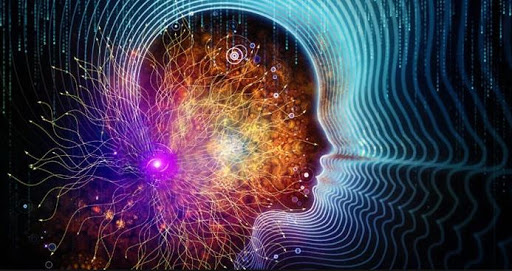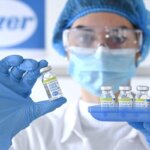The psychedelic drug known as ibogaine may be useful for treating several psychiatric disorders, including addiction, new research in the journal Nature concluded.
Derived from the plant Tabernanthe iboga, a team at UC Davis set out to experiment on the ibogaine drug but without administering its psychedelic compound, which may be undesirable as a therapeutic treatment.
The study led to the creation of a new synthetic, water-soluble molecule called tabernanthalog.
“Here we apply the principles of function-oriented synthesis to identify the key structural elements of the potential therapeutic pharmacophore of ibogaine, and we use this information to engineer tabernanthalog—a water-soluble, non-hallucinogenic, non-toxic analogue of ibogaine that can be prepared in a single step,” the study says.
Researchers utilized rodents to experiment with tabernanthalog and established its impact on structural neural plasticity, enabling its use for therapeutic means.
Tabernanthalog, overall, was shown to reduce addiction-like behavior among the rodents, as well as producing antidepressant-like effects deemed to be of significant therapeutic potential.
“In rodents, tabernanthalog was found to promote structural neural plasticity, reduce alcohol- and heroin-seeking behaviour, and produce antidepressant-like effects,” the co-authors wrote in their Nature article.
“This work demonstrates that, through careful chemical design, it is possible to modify a psychedelic compound to produce a safer, non-hallucinogenic variant that has therapeutic potential.”


